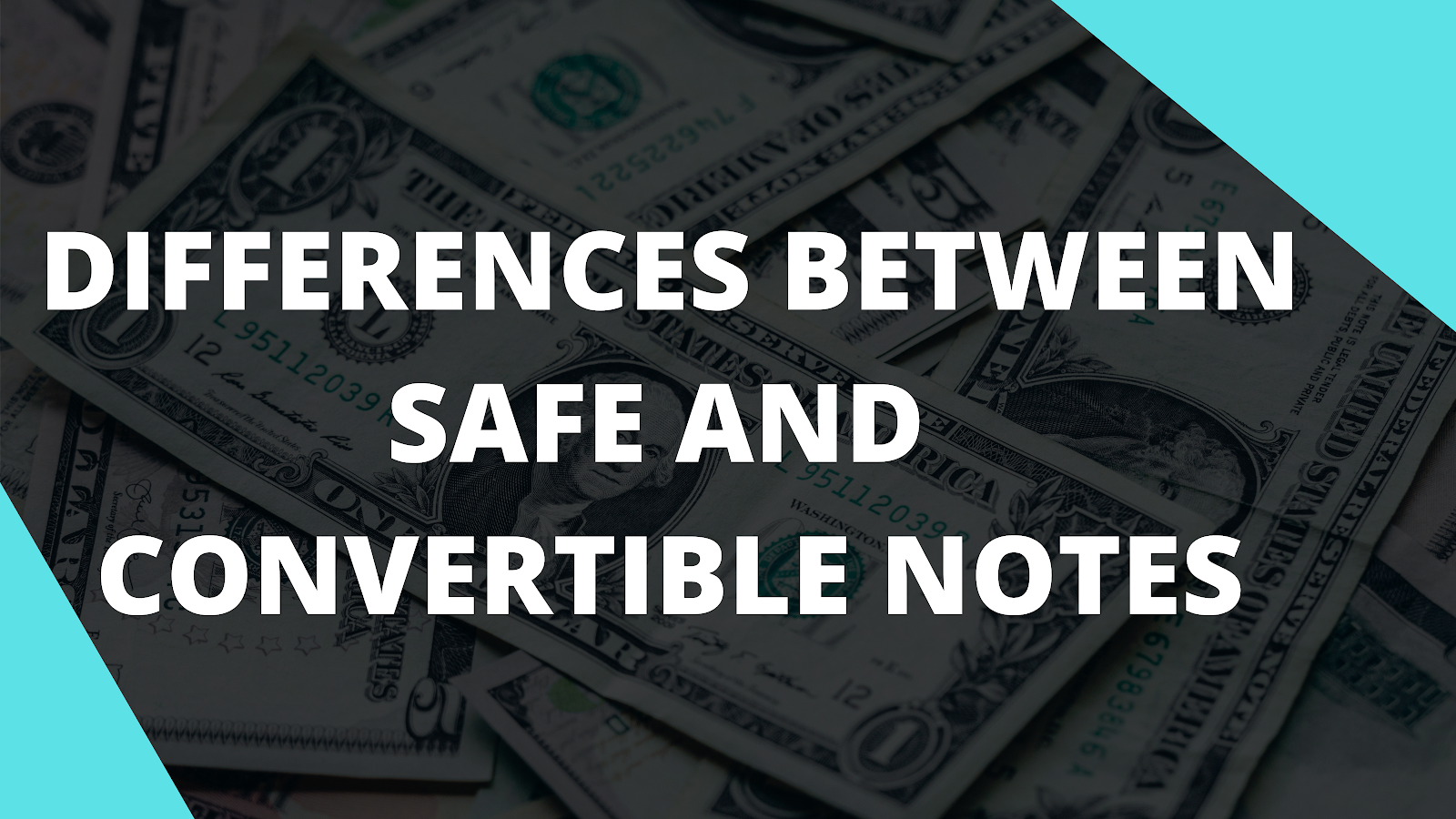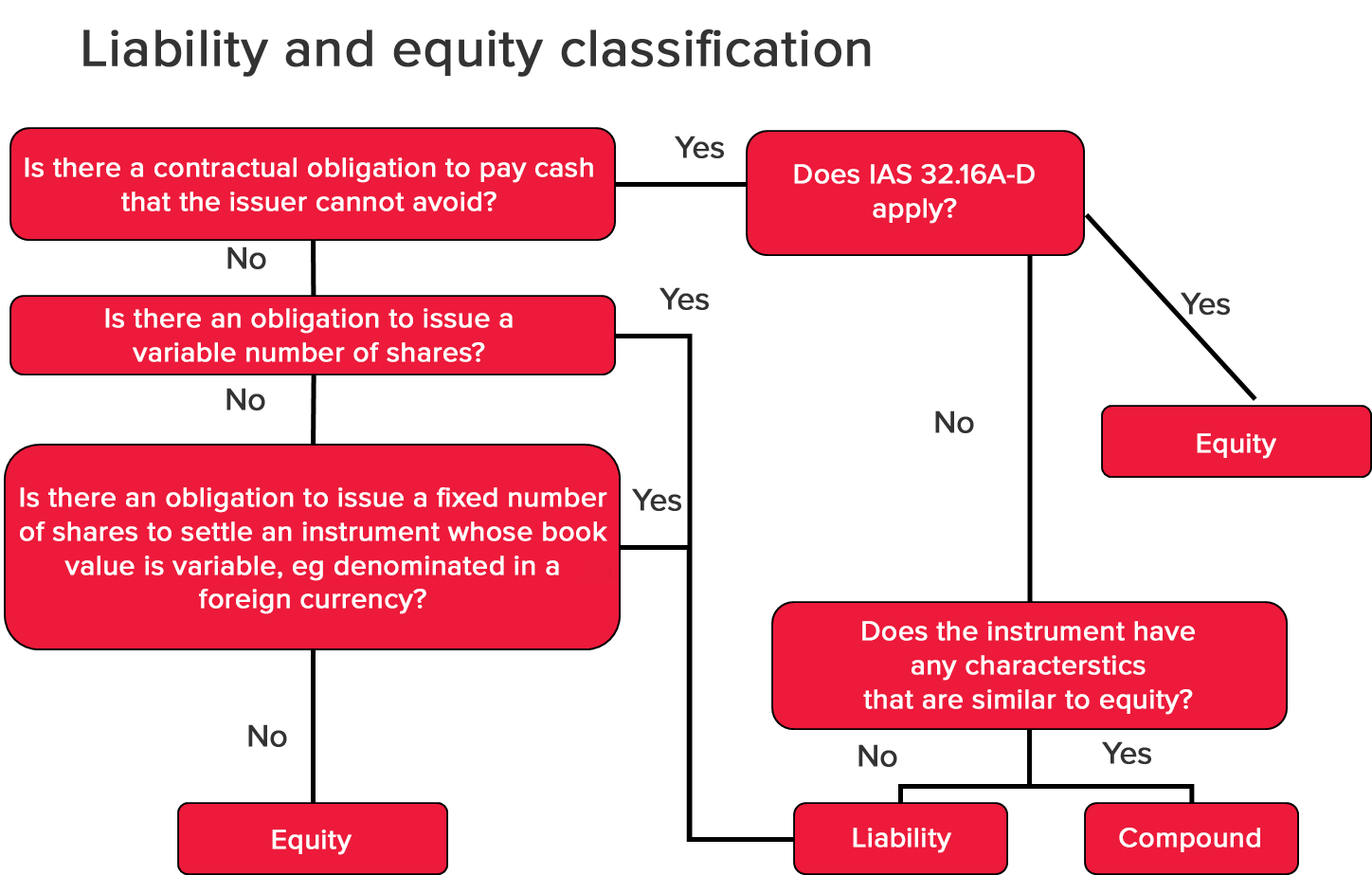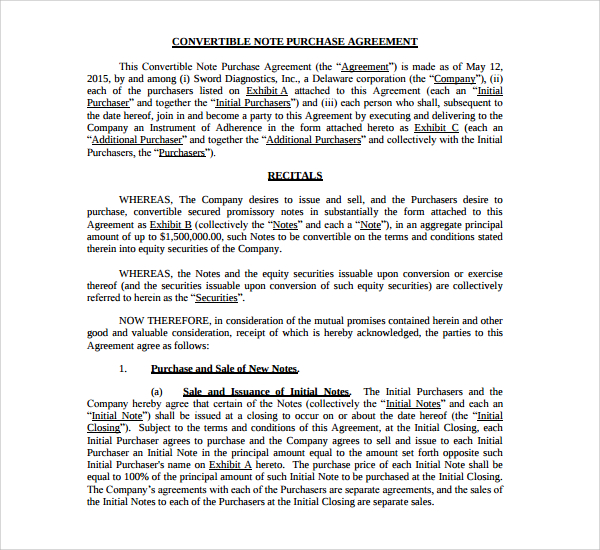

First, the greater the distance between the valuation cap and a higher valuation in the next priced round, the greater the difference in prices per share for the two groups of investors. danger Be careful when setting valuation caps. An uncapped note is a convertible note that does not have a valuation cap. If the valuation in the priced round is lower than the valuation cap, the convertible instrument investors pay the same price per share as the new investors. If the company’s valuation in the next priced round exceeds the valuation cap, then the price per share for the convertible instrument investors is the valuation cap divided by the fully diluted number of outstanding shares. Definition A valuation cap (or cap) is an optional element of convertible instruments that offers a price per share at conversion that is pegged to a mutually agreed upon valuation of the company.

If you use a convertible instrument for your first round of financing, you will have to agree with the investor on whether to include a valuation cap and, if you are including one, what it should be. * Because of the additional coordination that keeping the investor informed requires and the potential for giving away value down the road, agreeing to an MFN clause in a convertible instrument definitely involves trade-offs and should be done thoughtfully. * An MFN clause is included in 500 Startups’ KISS, both the debt version and the equity version, and in one of the four safe versions.Ĭurrently only about 10% of pre-seed convertible instruments include an MFN clause. Typically, MFN clauses last until the convertible instrument has converted into stock or otherwise been repaid. The MFN clause also requires the company to share information about subsequent convertible instruments with the investor so that the investor can compare the terms. Definition A most favored nation (MFN) clause in a convertible note or convertible equity allows the investor to exchange the terms of their convertible instrument for better terms offered in a subsequent convertible instrument. Interest rates for loans of convertible debt are usually between 4% and 8%, though FundersClub reports rates can go as low as 2%.
Interest is often casually referred to as the “cost of borrowing money,” * although technically the cost of borrowing also includes any applicable fees. Interest motivates lenders to lend their money rather than use it in some other way and protects them from the risk that their loan may not be paid back under the agreed terms. Definition Interest is a type of fee that a borrower must pay their lender on top of repaying the loan itself, and it is calculated on a regular basis as a percentage of a loan. If you choose to make a deal on a convertible note, you’ll be negotiating an interest percentage on the loan, which will accrue between the time the loan is issued by the investor and the time it converts.

As with any financing structure, you will also negotiate legal fees as part of the term sheet. The elements of convertible debt and convertible equity that we list here, including amount and interest, most favored nation clause, the valuation cap, and discount, are all terms that will come up in your term sheet if your company uses one of these financing structures.


 0 kommentar(er)
0 kommentar(er)
